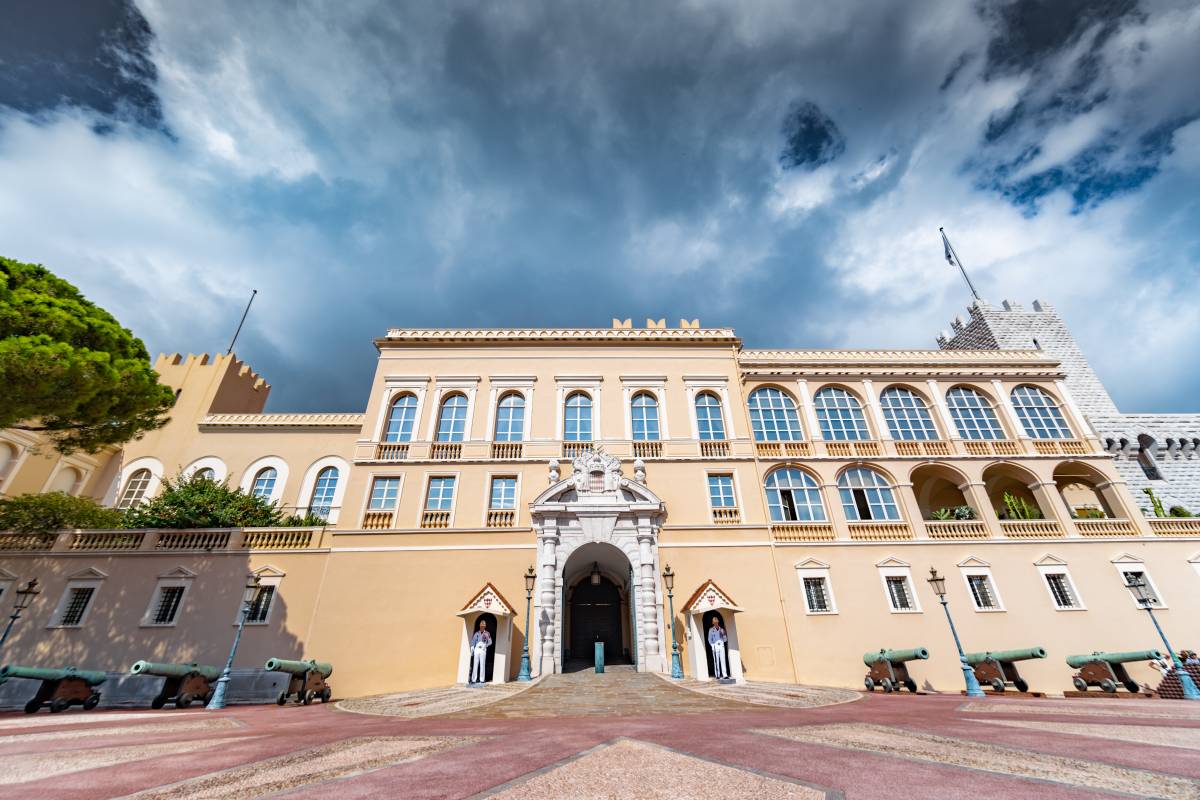The Principality of Monaco is entering a new chapter in its governance: following the appointment and subsequent withdrawal of Philippe Mettoux, it is ultimately Christophe Mirmand who has been named the new Minister of State. He will officially take office on 21 July 2025, the date on which he will be sworn in in the presence of His Serene Highness Prince Albert II.
On 4 June 2025, Prince Albert II had announced the nomination of Philippe Mettoux, an experienced magistrate and anti-corruption specialist, to succeed Isabelle Berro-Amadeï as of 4 July. The announcement sent a strong message from the Principality in favour of transparency.
However, Mr Mettoux withdrew on 26 June, just a week before taking office. In a statement released by the Palace, he cited having encountered “hostile forces” that would prevent him from carrying out the reforms he had envisioned. The princely government officially acknowledged his withdrawal, affirming his continued commitment to serving the Principality despite media attacks.

A Strategic Appointment: Christophe Mirmand Takes the Helm
In response to this unexpected turn of events, the appointment of Christophe Mirmand appears as a considered and stabilising choice. Currently Chief of Staff to the French Minister for Overseas Territories, Mirmand brings extensive experience as a senior civil servant, having served as Prefect in several key regions of France – Alpes-Maritimes, Corsica, Brittany, and Provence-Alpes-Côte d’Azur. The Prince’s Palace emphasised his “professionalism”, “rigour”, and deep understanding of state mechanisms – essential assets for guiding Monaco through a period of institutional transition.
Since the sudden death of Minister of State Didier Guillaume in January 2025, the Principality has been under the interim stewardship of Isabelle Berro-Amadeï, who was widely praised for ensuring government continuity.
Through this transition, Monaco is demonstrating its resilience and ability to adapt. The arrival of Christophe Mirmand is expected to reassure the international community, reinforce the legitimacy of the government, and allow the Principality to continue on its path of institutional reform.









